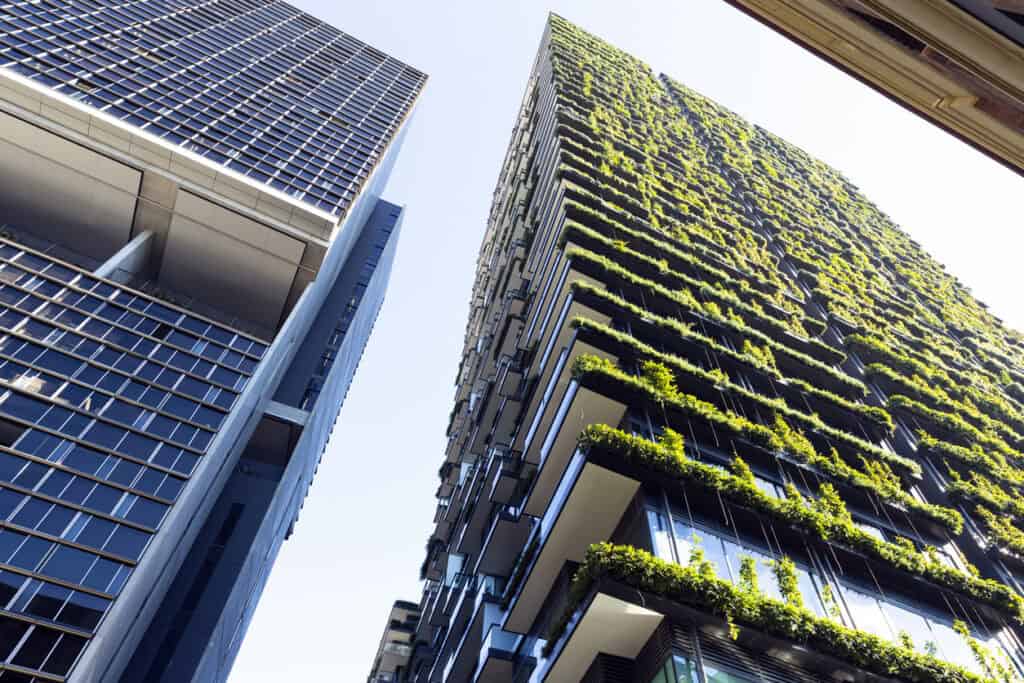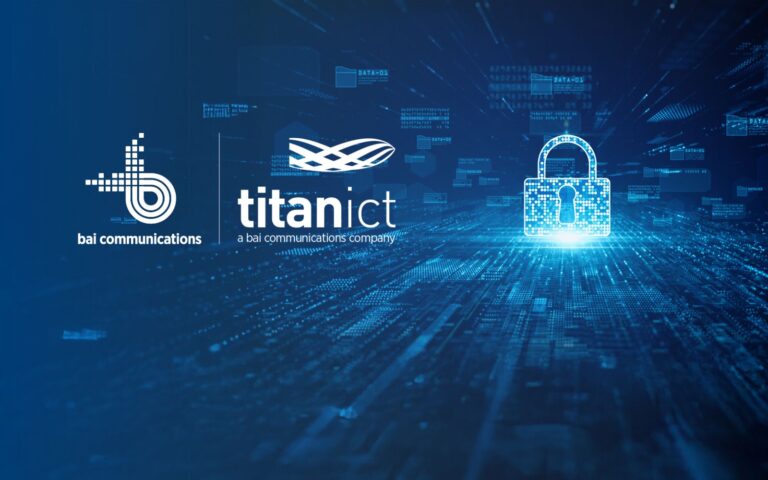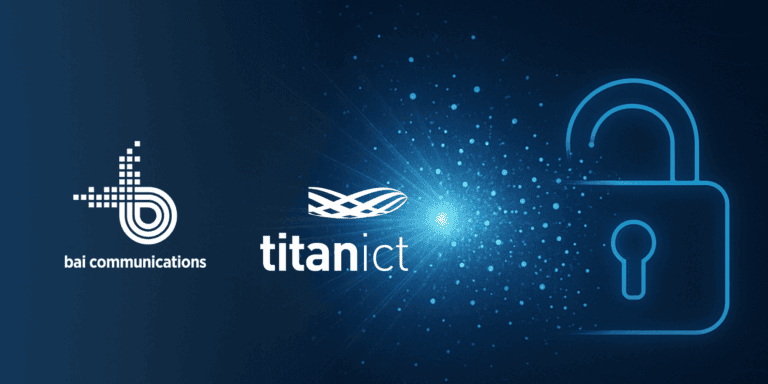BAI Communications Australia (BAI) reconfirms its strategic priority in driving sustainability transformation by setting an ambition for net zero emissions by 2040.
BAI’s Towards Carbon Neutral (TCN) program in Australia will see the communications infrastructure provider invest $20 million over five years to reach a 65% reduction of its absolute scope 1 and 2 emissions by 2030 from the 2010 baseline and achieve net zero emissions by 2040.
BAI is already well advanced on its path to net zero, thanks to important investment in energy-efficient assets and green energy solutions such as replacement of high-power Digital Television (DTV) transmitters with more efficient ones and the introduction of solar-powered sites in BAI’s broadcast transmission network. The decommissioning of several broadcast services, such as analogue television, also helped accelerate BAI’s plans to reduce energy consumption.
Peter Lambourne, Chief Executive Officer, BAI Communications Australia, said, “As a company with an extensive infrastructure network across Australia, we are committed to continuous improvement in managing our energy use and reducing consumption. We’re making solid progress having already achieved a 55.8% emissions reduction from 164,005 tonnes CO2 since 2010. Our Towards Carbon Neutral program significantly expands this longstanding commitment to take meaningful action and we believe that our ability to set and demonstrate progress put us on the right path to achieve our new ambition”.
Communications networks are critical for all Australians, but also produce substantial emissions given their high reliance on electricity to reliably power transmission sites. BAI’s TCN program will further lower emissions from FY2023 with a series of initiatives focused on the replacement of aging assets with energy-efficient options and supplementation with green energy at selected BAI owned and operated sites. Key initiatives and targets to reduce BAI’s carbon footprint include:
- Solar photovoltaic (PV) installation: a major program of work to install solar panels at 36 sites, and batteries at four of the sites.
- FM antenna replacement: undertaking four major streams of work to replace aging FM antennas with double aperture ones.
- FM transmitter upgrade: replacement of aging equipment with more energy efficient options at three sites.
Kevin Pike, BAI Communications Australia’s General Manager of Property, Energy and Sustainability, said, “We’ve taken our 2030 medium-term target and extended our planning over the long term, developing a credible roadmap to support our ambition to achieve net zero emissions by 2040. Transitioning our operations to net zero will ensure BAI continues delivering reliable services for the benefit of Australian communities and our customers”.
While the TCN plan currently includes carbon offsetting to support achieving net zero emissions by 2040, BAI expects this provision to be reviewed, with scope to investigate and add incremental energy-saving initiatives to the plan.
Mr Lambourne said, “Towards Carbon Neutral is an investment in the future. It signals BAI’s commitment to responsibly futureproofing Australia’s vital communications infrastructure, taking demonstrable, long-term action to transition our network to a zero-carbon future”.






